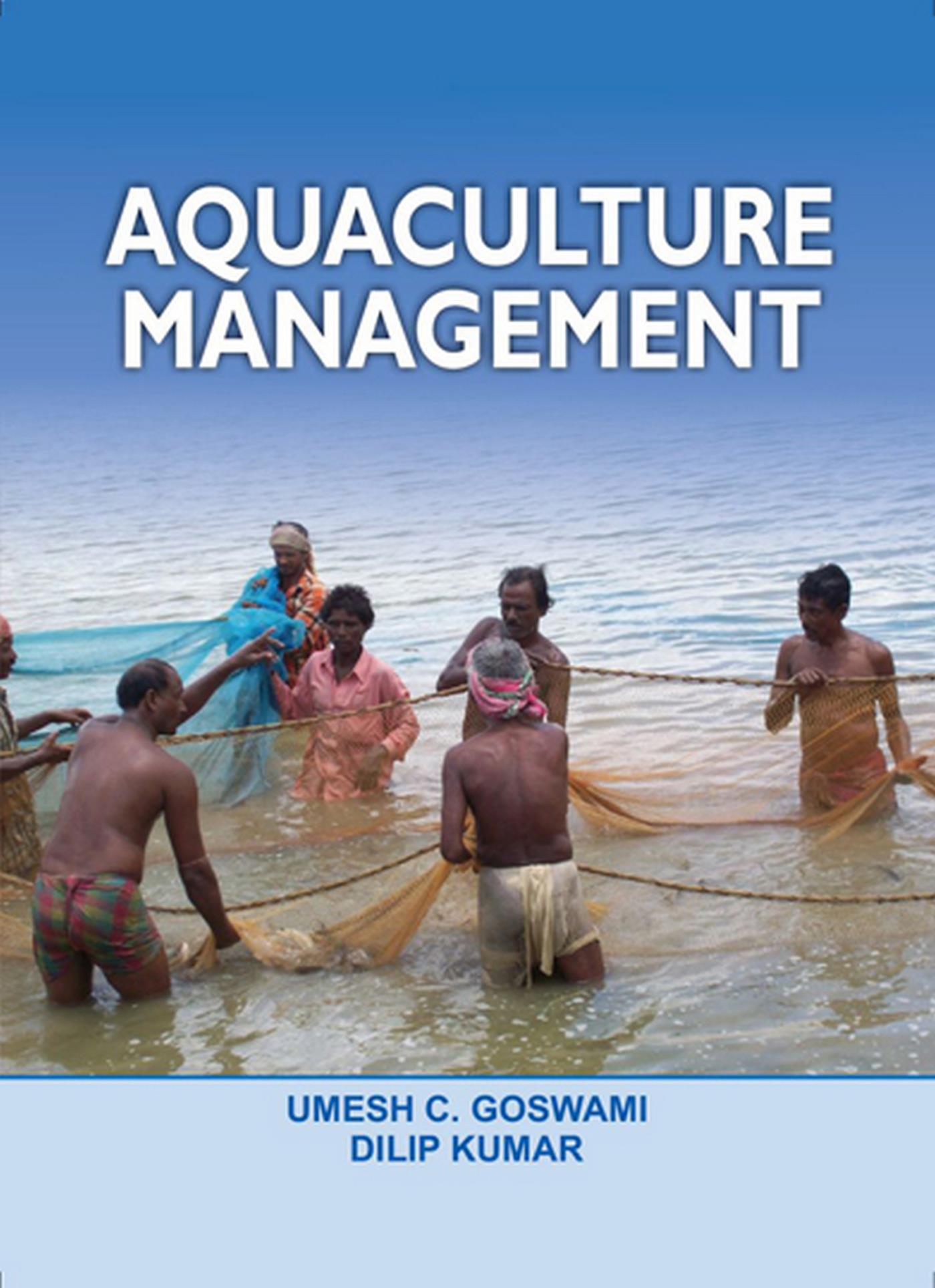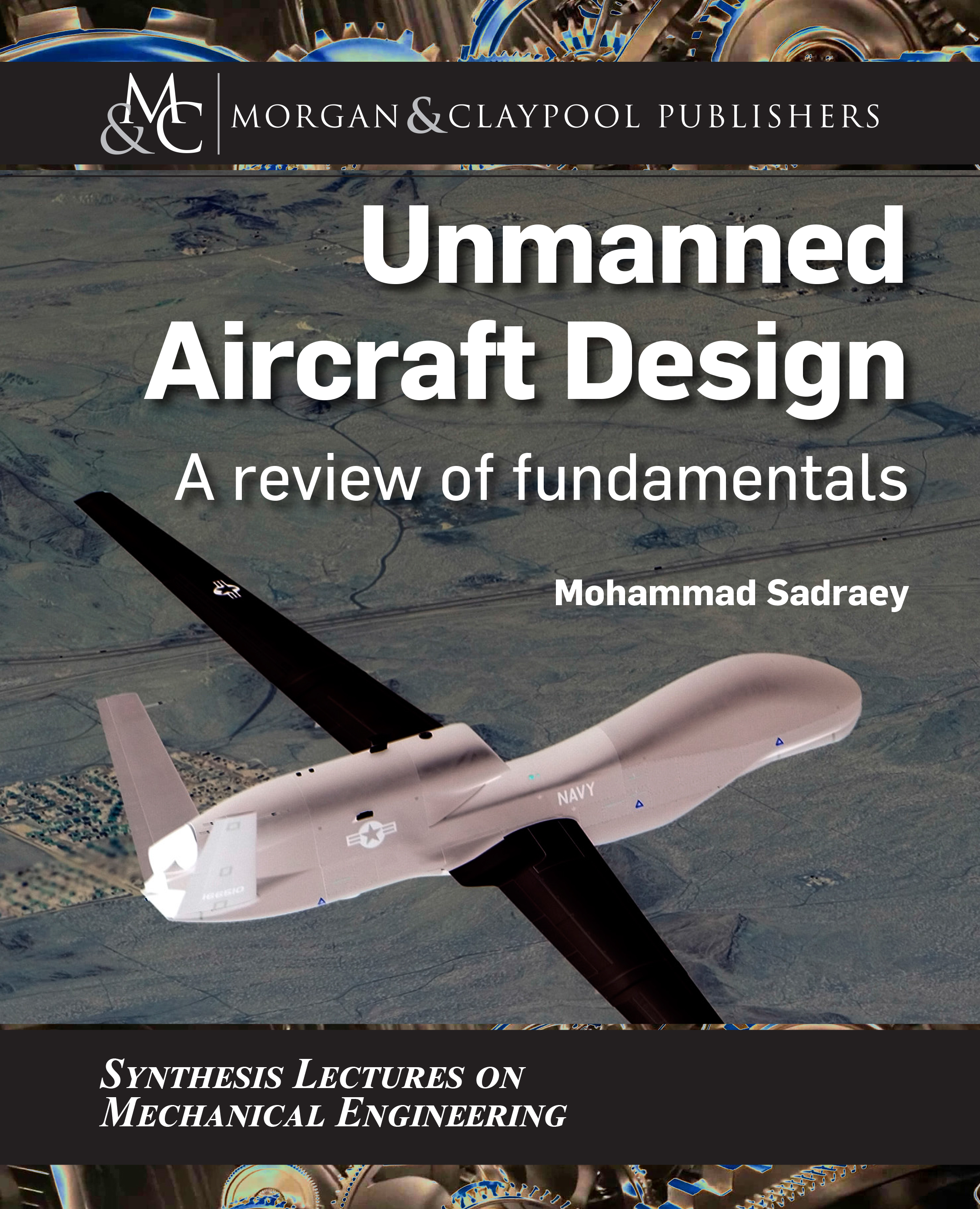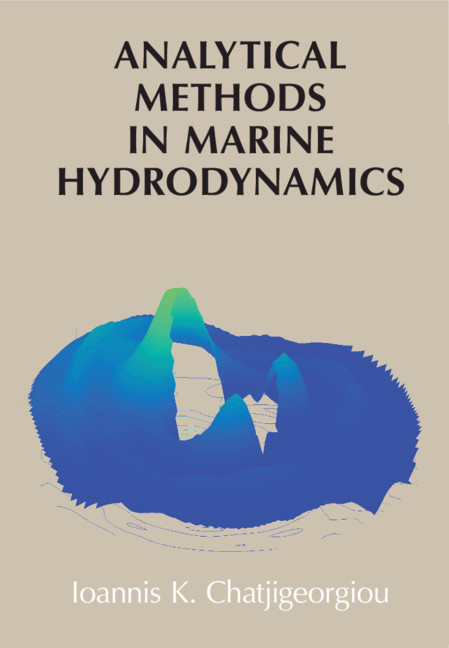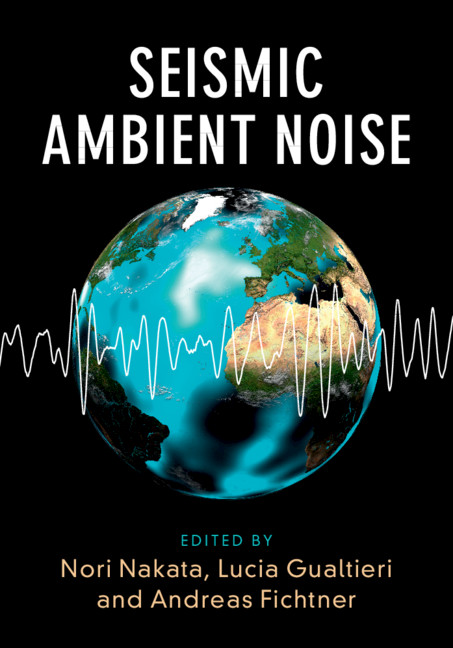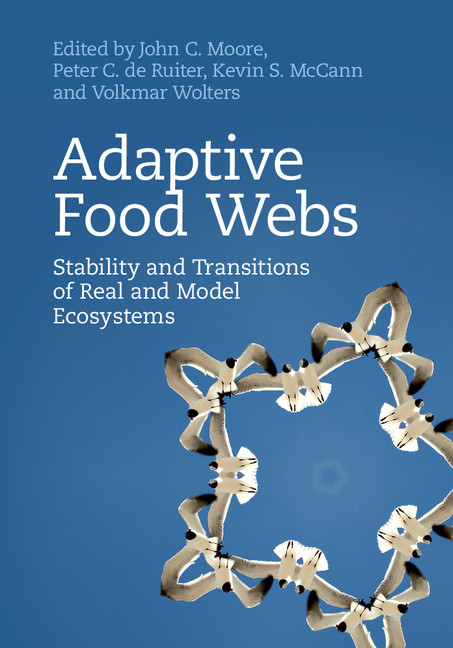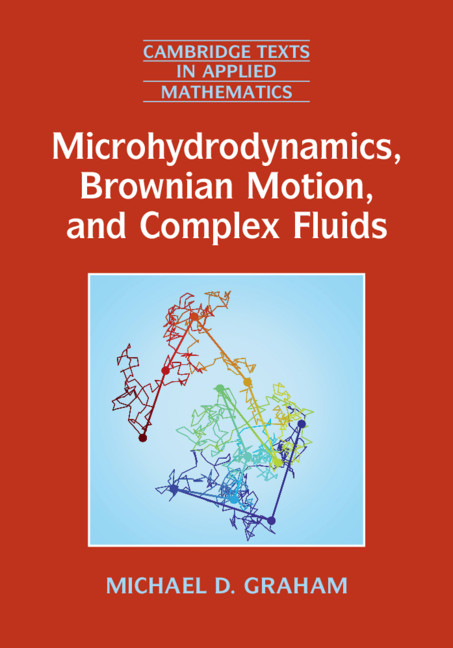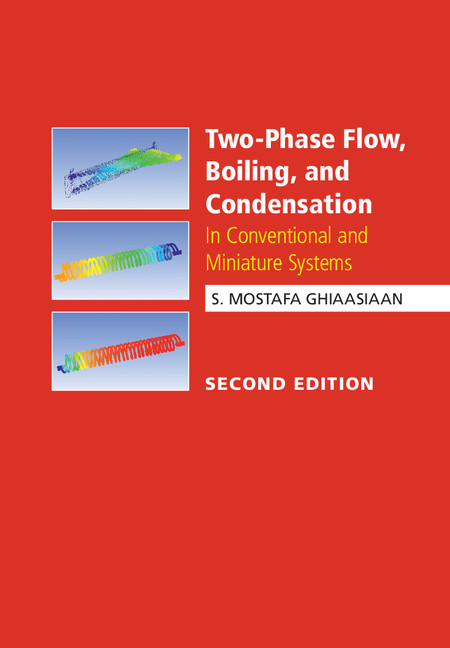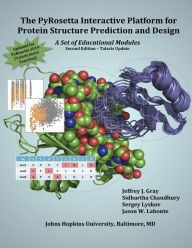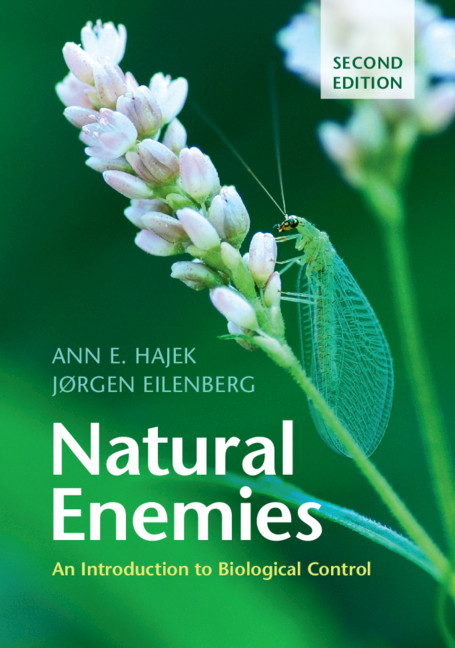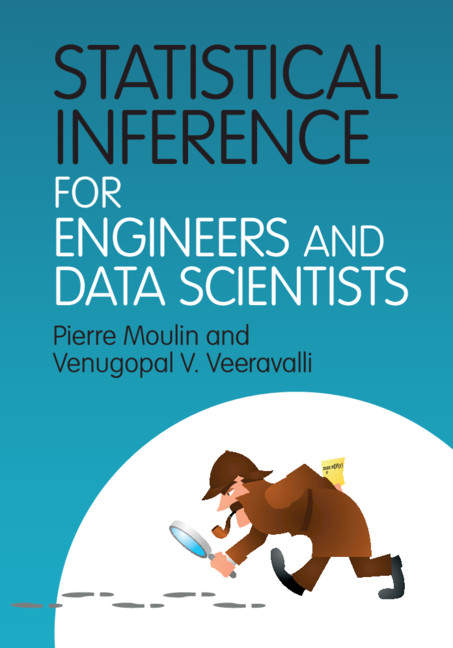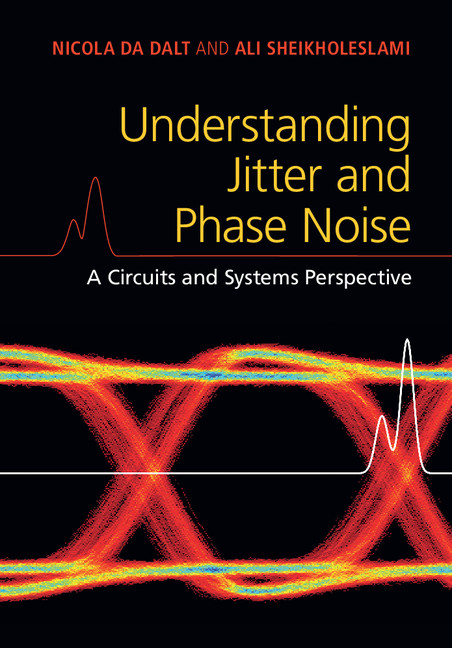Aquaculture Management
by Dr. Umesh C. Goswami
2020-07-22 15:04:41
The aquaculture sector of the country has enhanced its technology and capacity building as well as the translation from experimental ideas of laboratories to its ractical use by the common masses. Farmers, fisherfolk and entrepreneurs have adopted su...
Read more
The aquaculture sector of the country has enhanced its technology and capacity building as well as the translation from experimental ideas of laboratories to its ractical use by the common masses. Farmers, fisherfolk and entrepreneurs have adopted such ideas on a largescale commercial basis. Although the sector has seen great expansion from the last 3decades, yet, the production of various aquacultural components requires greater efforts to meet its growing demand. Considering that fish and other nonpiscian items are high quality protein , along with quality fatty acids, there is an evergrowing demand and it has been found that it is one of the fastest growing food production activities in India. The global scenario requires an additional 30 million tones of fish by 2020, while the internal demand is also increasing day by day to a considerable amount. Capture fisheries stock have either reached the maximum sustainable yield or overfishing has exploited it. Considering this, it is essential to enhance production from different aquacultural activities. Serious attention has to be drawn towards the aquacultural activities and sustance of the environment. Several new issues such as diversification of species in the culture system, maintenance of quality seed, new approach to biotechnology and genetics, development of cost effective feed, maintenance of diseases, development of vaccines, fisherfolks, welfare scheme etc. are some issues which urgently need to be addressed. In the present compilation, several issues have been duly emphasized by eminent fish biologists, aquaculturists fishery scientists, and academicians on the present status of fisheries in India, the increasing global demand, importance of composite fish culture, menace of exotic fishes, conservation issues, effective carp culture systems, shrimp farming, capacity building in marine sector, management of soil and water and role of fisheries education in uplifting the aquaculture activities in India. Certain issues in particular, on breeding and rear ng of Hilsa, integrated fish farming with reference to paddy cum fish culture, ornamental fisheries as livelihood, sewage feed aquaculture, fish health management, environmental degradation and its inputs, biotic communities in culture system, role of Cladocerans in sustance of aquaculture, elearning module for development of aquaculture and impact of climate variation on certain physiology of fish etc. have been dealt, with emphasizing effective aquaculture management in our country. We hope this compilation will be highly beneficial and useful for the students, researchers, academicians, planners industrialists and farmers. We thank all authors/ contributors for their contributions.
Less


